Dear everyone!
Knowledge (referred to “Intelligence”) versus Wisdom: Two aspects that are sometimes perceived as the same. Thus, we often call very knowledgeable (intelligent) people as wise. However, there is a difference between them, they are not synonymous. As I often see our society, science or different dietary and lifestyle approaches paying their full attention to only one of them, neglecting the other completely, I simply want to share my own opinion on this topic with you today. But firstly, let’s get a better understanding of what I am actually talking about.
~ Knowledge vs. Wisdom: What’s the difference? ~
In this context, I’m speaking about knowledge – or let’s say intelligence – as external information we can acquire in order to understand our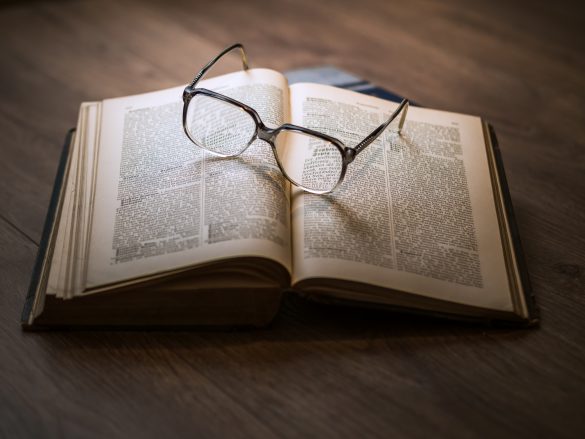 environment. We are using the rational part of our mind and our senses in order to gain knowledge. It is found in books, can be obtained by teachers, religions or by our own experiences – so, everything that is received by senses and processed in the brain can be understood as knowledge. It might be true, but it might also be false; beneficial or detrimental to us.
environment. We are using the rational part of our mind and our senses in order to gain knowledge. It is found in books, can be obtained by teachers, religions or by our own experiences – so, everything that is received by senses and processed in the brain can be understood as knowledge. It might be true, but it might also be false; beneficial or detrimental to us.
“To attain knowledge, add things every day.
To attain wisdom, remove things every day.”
(Lao Tse)
Wisdom, on the other hand, is an internal form of knowing that dwells deep inside of us. It is inherent within yourself. A kind of force which is connected to the truth of nature. Wisdom can be gained by bringing your awareness internally, by becoming connected with your intuition. It reveals itself, for example, by a strong feeling of resonance when you hear someone telling you something. This kind of knowledge is already within you.
However, we can also find some kind of correlation between the two of them. Wisdom can be enhanced by knowledge, by the ability to acquire knowledge effectively. This acquired knowledge is necessary to use in your practical day to day life, which reflects the need for both. Knowledge can exist without wisdom, but not the other way round. Wisdom acts properly upon the knowledge. Let’s take an example to make these theory-based definitions more tangible:
“Knowledge is knowing tomato is a fruit.
Wisdom is not putting it in a fruit salad.”
~ Western vs. Eastern approaches ~
When it comes to knowledge, especially the western world has been paying their full attention to it. For example science: Data, measurements, facts, calculations, numbers – that is what science is made up of. You can only believe and possibly understand it until you see it. Obtaining information from experiencing and observing is very helpful, yes. But is it the ultimate one and only truth to rely on?
In opposite of western science, we have eastern based approaches which represent a more philosophical idea, empirically based on traditions, always taking the energetic level into account. So, this is a rather spiritual form of knowledge, which recognizes our innate sense of knowing, our consciousness and considers it as the basis of knowledge.
“You’ll see it when you believe it.”
(Wayne Dyer)
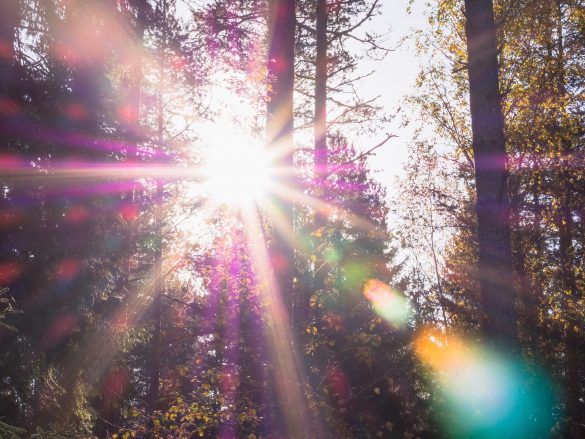 This quote by Wayne Dyer profoundly outlines a rather spiritual approach to how the world is organized. Meaning, the base energy of all existence are our non-visible thoughts, imagination, and beliefs. The power of this energy is able to manifest things in our three-dimensional reality as we sense it. However, western-based science turns it the complete other way around: Everything must be perceived with our senses first in order to believe it; to consider it as true.
This quote by Wayne Dyer profoundly outlines a rather spiritual approach to how the world is organized. Meaning, the base energy of all existence are our non-visible thoughts, imagination, and beliefs. The power of this energy is able to manifest things in our three-dimensional reality as we sense it. However, western-based science turns it the complete other way around: Everything must be perceived with our senses first in order to believe it; to consider it as true.
Let’s have a look on what Einstein, as a physicist, but also a wisdom seeker himself once so eloquently said,
“Logic will get you from A to B.
Imagination will take you everywhere.”
Thus, what we perceive from the outside and process with our rational mind is limited, whereas our internal perception is infinite. We as human beings are gifted to use this inner world not only to daydream on things we desire; but especially to catch what feels aligned, what makes up our own truth and to put that into reality.
~~~
There is one more quote, which fits very well into this context, told by the Greek sage Socrates,
“I know that I know nothing.”
…which, I think, reflects our disability to explain everything we experience simply with the brain as our (programmed) mind. It also says that the more you learn, the more you’ll realize that you actually know nothing. And let’s be honest: What do we really know? Everything we learn and study and are told throughout our lifetime are stories or explanations made up by human beings. We might know how to use material things, how to live life like everyone else is, but do you really understand what this is all about, where this all arises from, etc.? Understanding the limitations of your knowledge leads you to that never-ending state of curiosity; discovering something new all day long; looking at the world as if you see it for the very first time; as if it was a miracle – because it is! If you realize you don’t know anything, you’re curious to find out; you’ll start paying attention to everything, which will bring you into a state of awareness and eventually into the here and now.
I think, the essence of this quote for us human beings might be to always remain in a state of openness, however old we are: to learn, to experience, to exchange and to listen within in order to move further towards the truth.
~ My holistic view on Knowledge and Wisdom ~
Acquiring knowledge in a rational way is a very helpful and necessary process I fully appreciate as one piece of the whole. I am very thankful that I was able to gain all the knowledge in school, from my parents as well as during my studies in nutrition: I’m grateful for the fact that I’m now capable of reading, understanding, interpreting and assessing scientific studies. However, relying only on knowledge based on theories and hypotheses is not enough to make wise decisions. Perceiving information from the outside is a necessity to deal with this world. But sticking to this close-minded perception of a certain belief or dogma without accepting the fact that there might be more than logically-based knowledge is missing an essential part. Without accepting that not everything is rationally explainable is somehow an act of ignorance.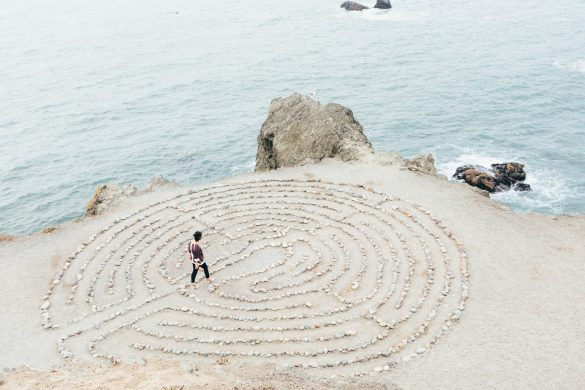
Studying eastern (Indian) philosophy, getting in touch with this old wisdom of life, food, ethics, etc. really supported me in taking a step outside the box; to think in different ways as I learned about things I haven’t heard before yet, but which resonated with me on a deep level. Especially my spiritual practice of yoga, which includes primarily pranayama, asanas, and meditation, has been guiding me towards the process of opening up to a higher wisdom.
“Knowing others is intelligence; knowing yourself is true wisdom.
Mastering others is strength; mastering yourself is true power.
If you realize that you have enough, you are truly rich.”
(Lao Tzu)
What I’ve personally concluded so far is to integrate all perspectives in order to find my own truth. That means, I blend scientifically proven results with traditional (ancient) wisdom, I cherry-pick the essence from each, verify it with my own experiences and whatever comes out will become some part of my truth that I’d love to share with you. What’s most important to me: I always try to stay in a curious state, rather than being in a conclusive state.
~~~
Thank you, beautiful readers, for following my message.
Sent with love & gratitude!
Namasté,
yours Isabel!
Pictures
Unsplash (www.unsplash.com)
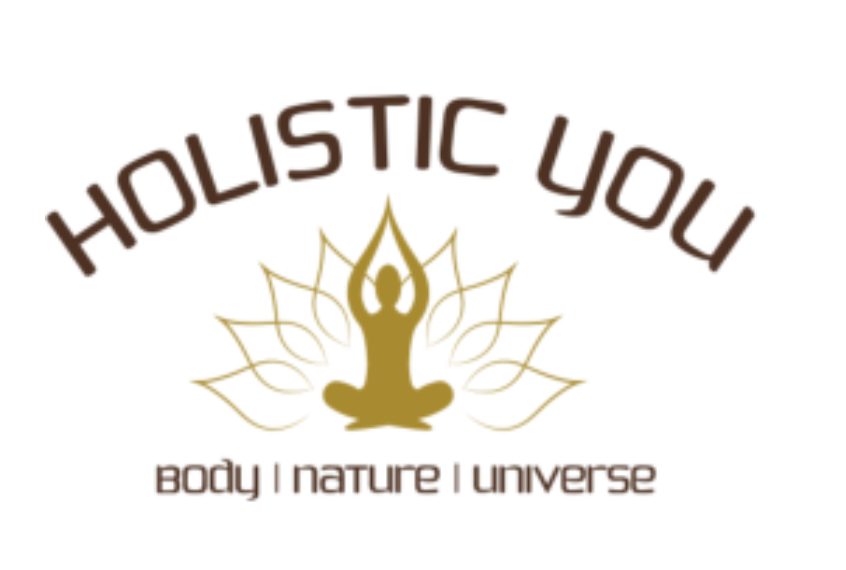
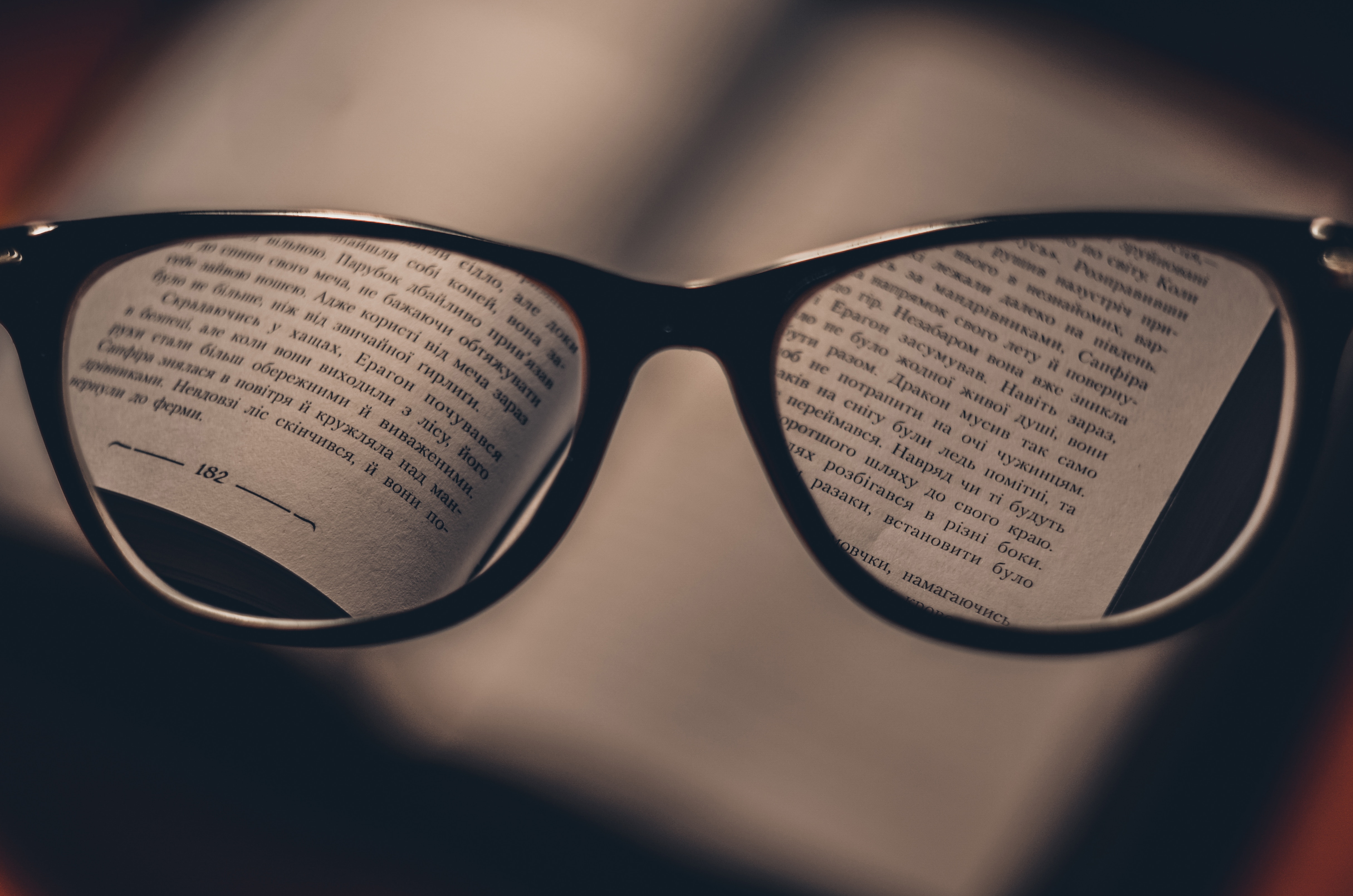
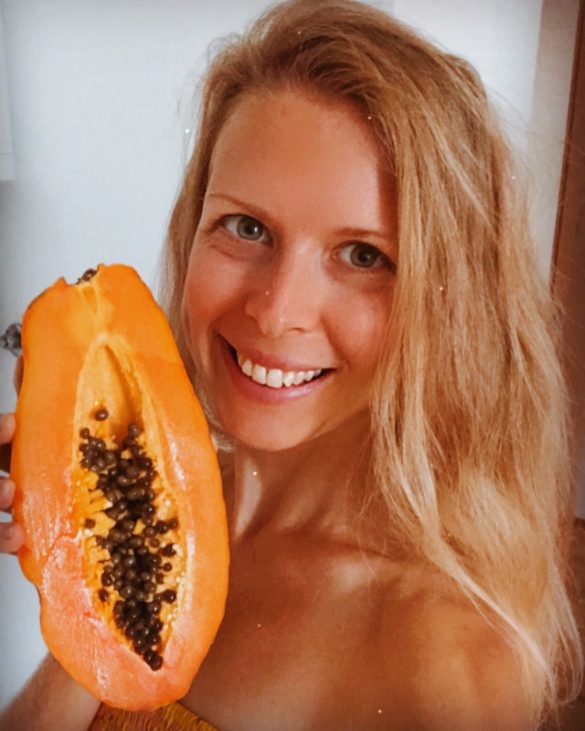
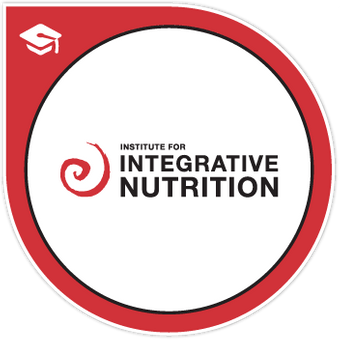
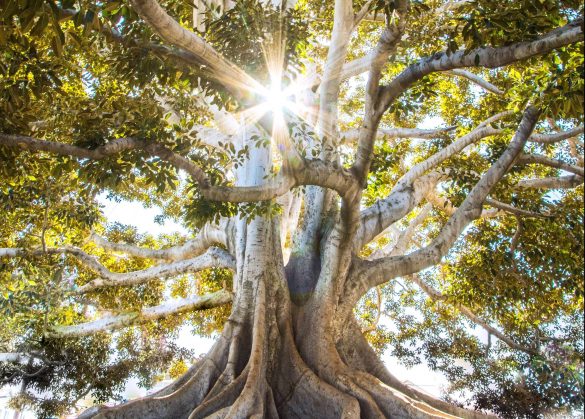
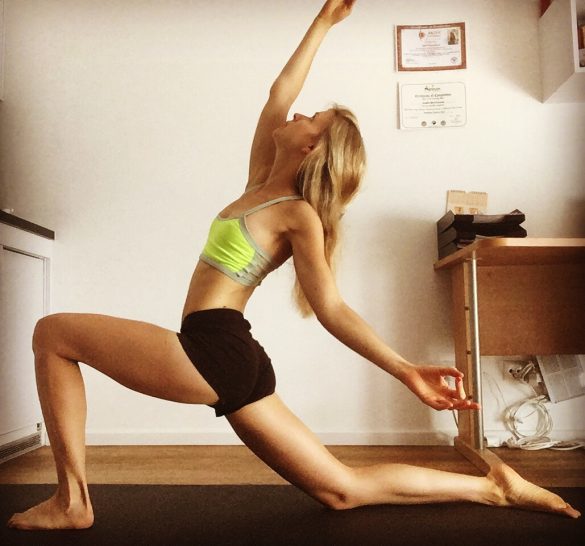
Liebe Isabel!
Ein extra großes “BRAVO” von deinem Dad und natürlich volle Zustimmung von deiner Mum!
Wir lieben dich und ganz viele Umarmungen!!!!!!!